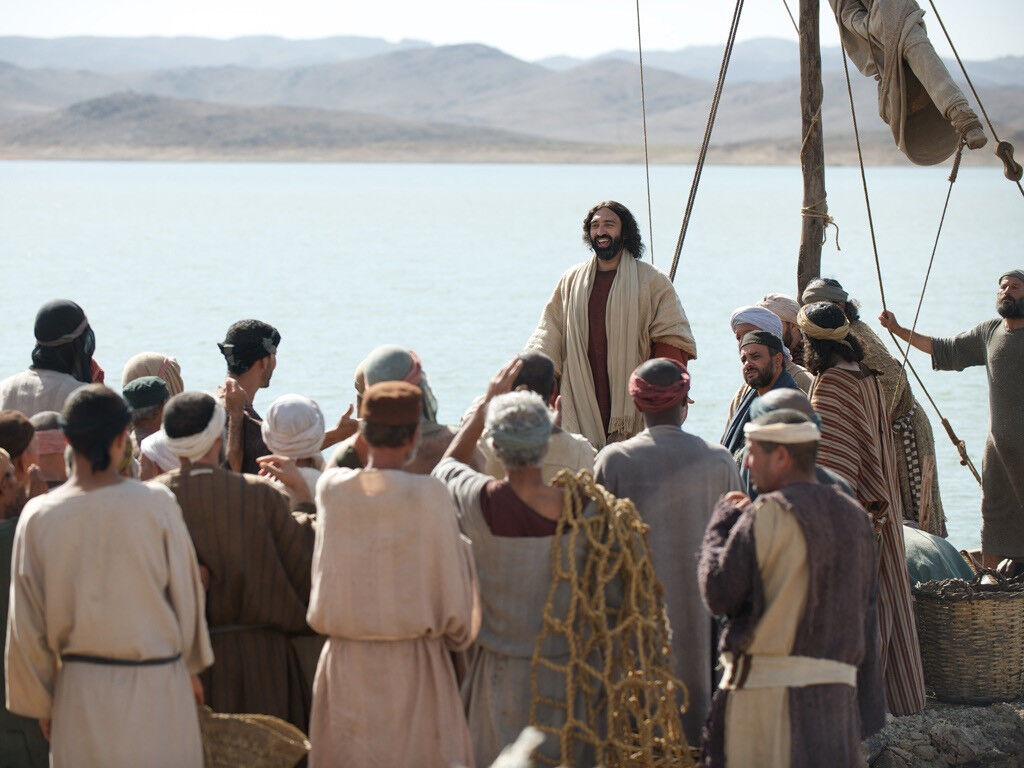
14 February 2023 Acts 13:46-49; Psalm 116; Luke 10:1-9
The first reading, taken from the Acts of the Apostles, recalls the situation experienced by the two missionaries, Cyril and Methodius. Paul and Barnabas are in the city of Antioch, in the province of Pisidia located in today’s southern Turkey, and there they proclaim the Word of God. But since the Jews do not accept their teachings, they turn to the Gentiles. As more and more Gentiles accept Paul’s teaching, some Jews, jealous of their popularity, incite the local women against him and have Paul and Barnabas expelled from the city.
This reflects the experience of Cyril and Methodius who were constantly attacked by German church leaders who strongly opposed the use of the Slavonic language by the two brothers for their preaching and liturgical service. For this reason, their
their evangelising mission was much more successful than that of the German missionaries.
In the Gospel we hear how Jesus sends 72 disciples to prepare the way for his coming in the various towns and villages he would visit. The harvest, he tells them, is plentiful, but the labourers are few. This was true then, it was true in the time of Cyril and Methodius, and it is true today. He warns them, moreover, that he is sending them out as lambs among wolves. Again, this was true then, it was true in the time of Cyril and Methodius, and it is still true today.
Significantly, the greatest opposition the brothers encountered came not from pagans or heretics, but from Christians themselves who disagreed with the way the faith was to be communicated. The main cause of opposition they encountered was on the basis of language. The opponents of Cyril and Methodius believed that only Latin could be the language of the Bible and liturgy. We can encounter similar types of prejudice in our day, when serious divisions can arise over the essence of our Christian faith regarding what it really is not.
Our first task is to pray for God to send workers. Every disciple must feel responsible for the mission and must therefore pray to the Father to send workers to continue it. Jesus sends his disciples as lambs in the midst of wolves. Mission is a difficult and dangerous task, because the system in which they lived and in which we live was and continues to be against the reorganisation of people into living communities.
The Mission for which Jesus sends the 72 disciples is based on four community values: Hospitality, Sharing, Communion around the table, and Healing the sick. If all these values are respected, the disciples can and must shout to the four winds: The Kingdom has come!
For good workers
– Witnessing mission: every Christian is called, not only to be a disciple, but also an apostle. As apostles, we are sent to evangelise the world by sharing with others not only words, ideas or doctrines, but our experiences of God and His Son, that is, by making Jesus ‘visible’…
– Liberating mission: there are many demons that can dominate our lives and those of the people around us, making us and them helpless slaves: the demons of slander, jealousy, secularism, materialism etc., We need Jesus’ help to be liberated ourselves…
P JOBY KAVUNGAL RCJ

